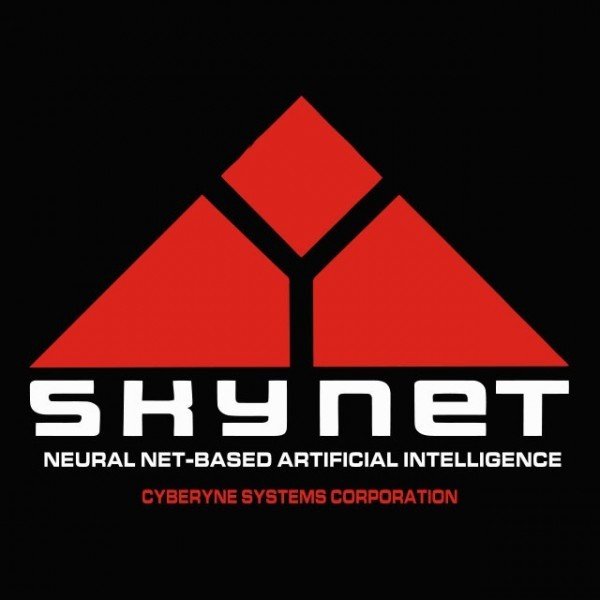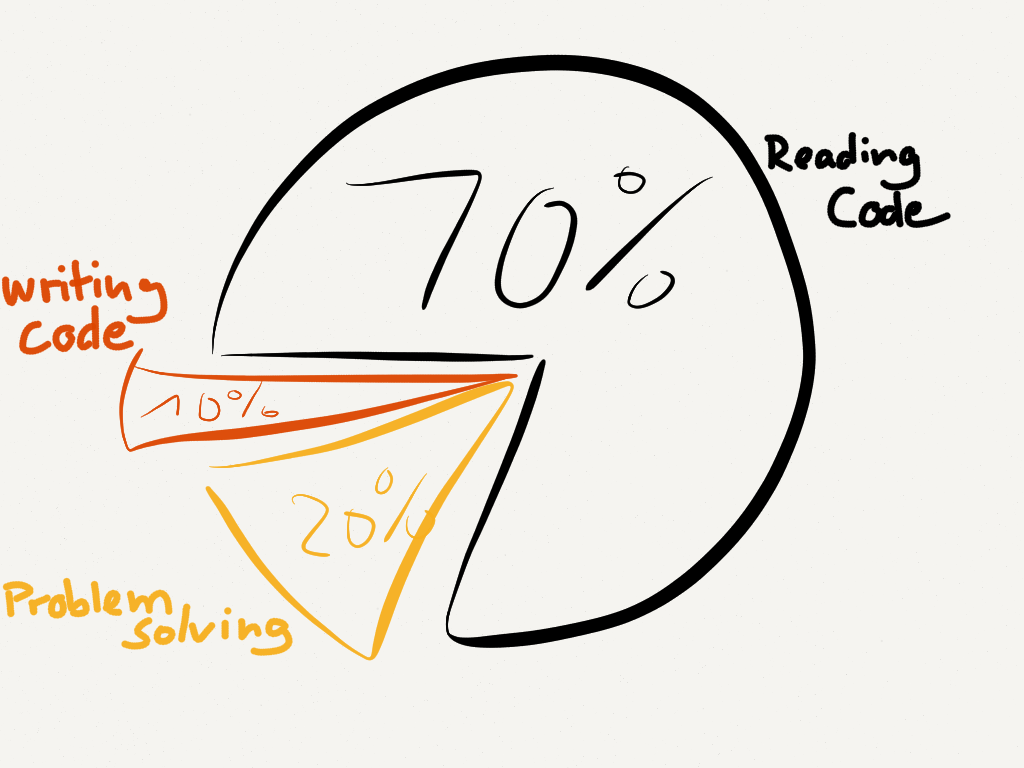2nd hardest thing in computer science
@pawel_lewtak
Definition?
There are only two hard things in Computer Science: cache invalidation and naming things.
Phil Karlton
Source: https://martinfowler.com/bliki/TwoHardThings.html
There are 2 hard problems in computer science: cache invalidation, naming things, and off-by-1 errors
Leon Bambrick
Source: https://twitter.com/secretgeek/status/7269997868
There are only two hard problems in distributed systems:
2. Exactly-once delivery
1. Guaranteed order of messages
2. Exactly-once delivery
Mathias Verraes
Source: https://twitter.com/mathiasverraes/status/632260618599403520
#2 Naming things*
*things
- variables
- methods
- classes
- modules
- comments
- inline docs
- commit messages
You don't code for CPU
You don't code for interpreter
You don't code for compiler


You code for people
You code for other developers
You code for your future self
Don't code,
wrote prose
Source: https://www.youtube.com/watch?v=CKONKZLmMwk

Source: https://trustartist.com/2015/01/27/pair-programming-economics/
Always code as if the guy who ends up maintaining your code will be a violent psychopath who knows where you live.
Code for readability.
John F. Woods
Source: https://groups.google.com/forum/#!msg/comp.lang.c++/rYCO5yn4lXw/oITtSkZOtoUJ
Comprehension
~70%
def a(b):
c = sorted(b)
d = len(b)
if d % 2 == 1:
return c[(d - 1) / 2]
else:
return (c[d/2 - 1] + c[d/2]) / 2def median(pool):
copy = sorted(pool)
size = len(copy)
if size % 2 == 1:
return copy[(size - 1) / 2]
else:
return (copy[size/2 - 1] + copy[size/2]) / 2Self-documenting code
Code written by somebody else
Programming is mapping
- from problem domain
- via intermediate domain
- into programming domain
DDD FTW
Worst variable name
data
Source: http://archive.oreilly.com/pub/post/the_worlds_two_worst_variable.html

Second worst name?
data2
total = price * qty
total2 = total - discount
total2 += total * taxrate
total3 = purchase_order_value + available_credit
if total2 < total3:
print ("You can't afford this order.")
order_total = price * qty
payable_total = order_total - discount
payable_total += payable_total * taxrate
available_funds = purchase_order_value + availble_credit
if payable_total < available_funds:
print ("You can't afford this order.")
No-one sets out to write legacy code
Rachel Willmer
Source: https://twitter.com/amokleben/status/868377283496751104?s=09
Broken window theory
Code will decay
Design patterns
Misapplied Java design patterns
are the root of all AbstractWordFactoryFactory("evil")
HN comment
Source: https://twitter.com/tmmx/status/865308678903267328
Naming conventions
TL;DR
- CamelCaseClass
- methodName
- someVariable
- CAPITAL_CONSTANT
syntax < semanthics
Common issues
Pseudo getter
get_data()
with extra operations inside
get_create_object()
- fetch
- find
- lookup
- create
- calculate
Not really a boolean
is_active()
def is_active():
if cond:
return 'false'
return 'true'is_valid()
def is_valid():
if input_is_valid:
return True
Plural / singular names
def get_person():
return ['John Doe', 'Jane Doe']
def get_employers():
return 'John Doe'Misleading docs
def get_lowest_price(user):
passdef get_lowest_price(user):
"""Actually it returns the highest price."""
passMore than one responsibility
Abbreviations
pos
mod
abs
authSynonyms
<ThatThing>Manager
- UserManager
- StringManager
- ProductManager
- etc.
Alternatives
- Builder
- Writer
- Adapter
- Factory
- Handler
- Provider
- Converter
Magic numbers
import requests
response = requests.get('https://pl.pycon.org/')
if response.status_code == 200:
print ("It works!")
elif response.status_code == 418:
print ("Unexpected teapot!")import requests
response = requests.get('https://pl.pycon.org/')
if response.status_code == requests.codes.ok:
print ("It works!")
elif response.status_code == requests.codes.teapot:
print ("Unexpected teapot!")Useless comments
def get_data():
""" Returns the data. """
pass
def get_max_id_from_db():
""" Return maximum ID value from the database."""
passExplain why,
not what or how
Commit messages

Source: https://twitter.com/ArielBH/status/895601429255245824
Don't do it like this
-
http://whatthecommit.com
-
http://www.commitlogsfromlastnight.com/
Bad name:
- Does more that what is says
- Says more than what it does
- Does the opposite
- Contains more than what it says
- Says more than what it contains
- Contains the opposite
Good practices
Specific names
No generics
Short names
Do not use negation
is_not_enabled()
is_disabled()
Consistent names
Code & docs
Single responsibility
Domain terms
Think about it
ASCII only
Hungarian notation
hostList, hostSet => hosts, validHosts
valueString => firstName, lowercasedSKU
intNumber => accountNumberTests!
Commit message
Good commit message
-
Speeds up review process
-
Helps write release notes
-
Helps future maintainers
Short (50 chars or less) summary of changes
More detailed explanatory text, if necessary. Wrap it to about 72
characters or so. In some contexts, the first line is treated as the
subject of an email and the rest of the text as the body. The blank
line separating the summary from the body is critical (unless you omit
the body entirely); tools like rebase can get confused if you run the
two together.
Further paragraphs come after blank lines.
- Bullet points are okay, too
- Typically a hyphen or asterisk is used for the bullet, preceded by a
single space, with blank lines in between, but conventions vary here
Source: Source: http://git-scm.com/book/ch5-2.html
How?
Agree on standards
Boy Scout Rule
Practice
Improve vocabulary
Refactor
Code reviews
Short, bite size, single logical change
Code ownership
Commit messages
Research papers
- https://www.cqse.eu/publications/2005-concise-and-consistent-naming.pdf
- http://www.cs.loyola.edu/~lawrie/papers/lawrieJese07.pdf
- https://www.researchgate.net/publication/224079441_Relating_Identifier_Naming_Flaws_and_Code_Quality_An_Empirical_Study
- http://www.veneraarnaoudova.com/wp-content/uploads/2014/10/2014-EMSE-Arnaodova-et-al-Perception-LAs.pdf
Thank you!
@pawel_lewtak
Questions?
@pawel_lewtak